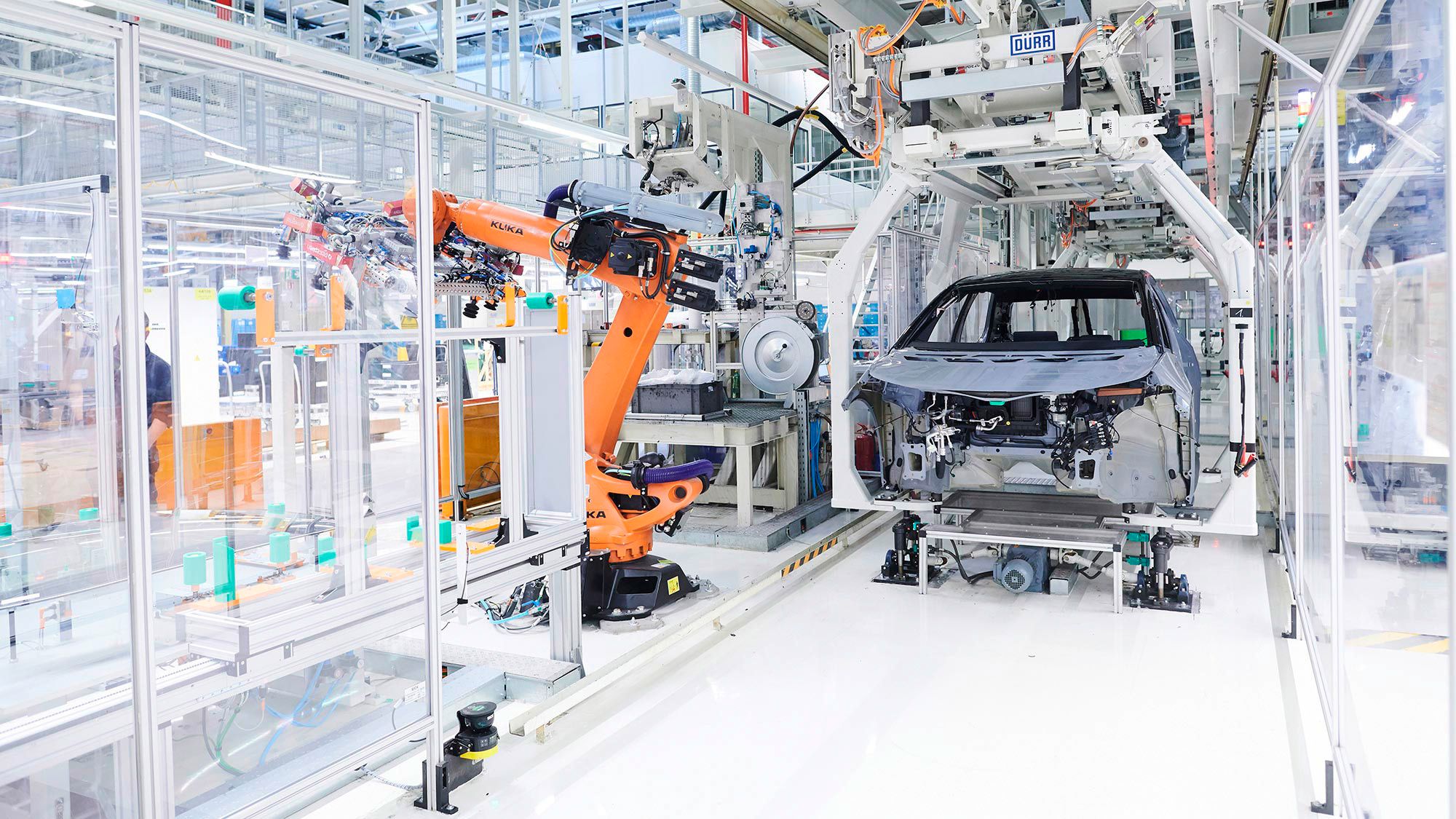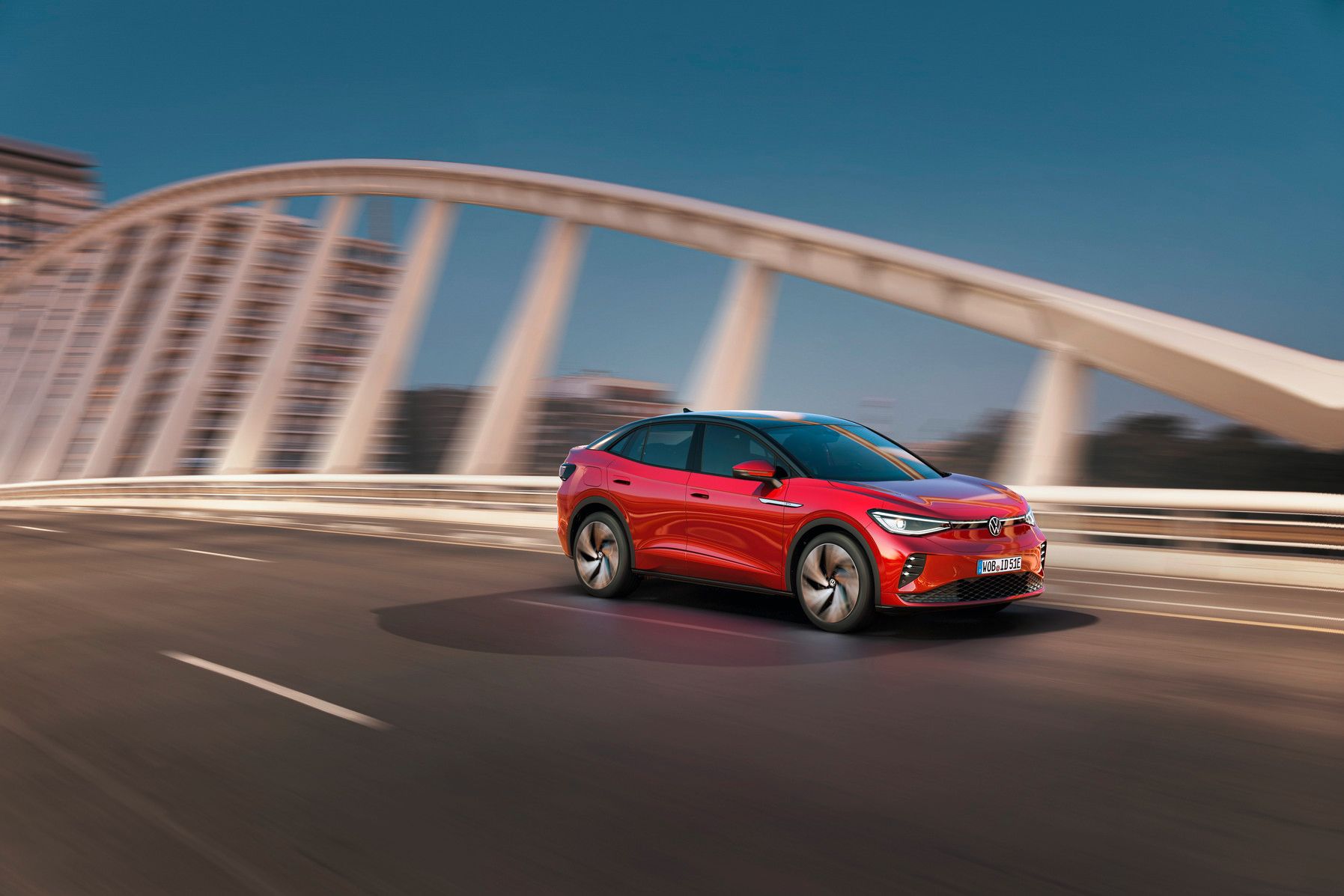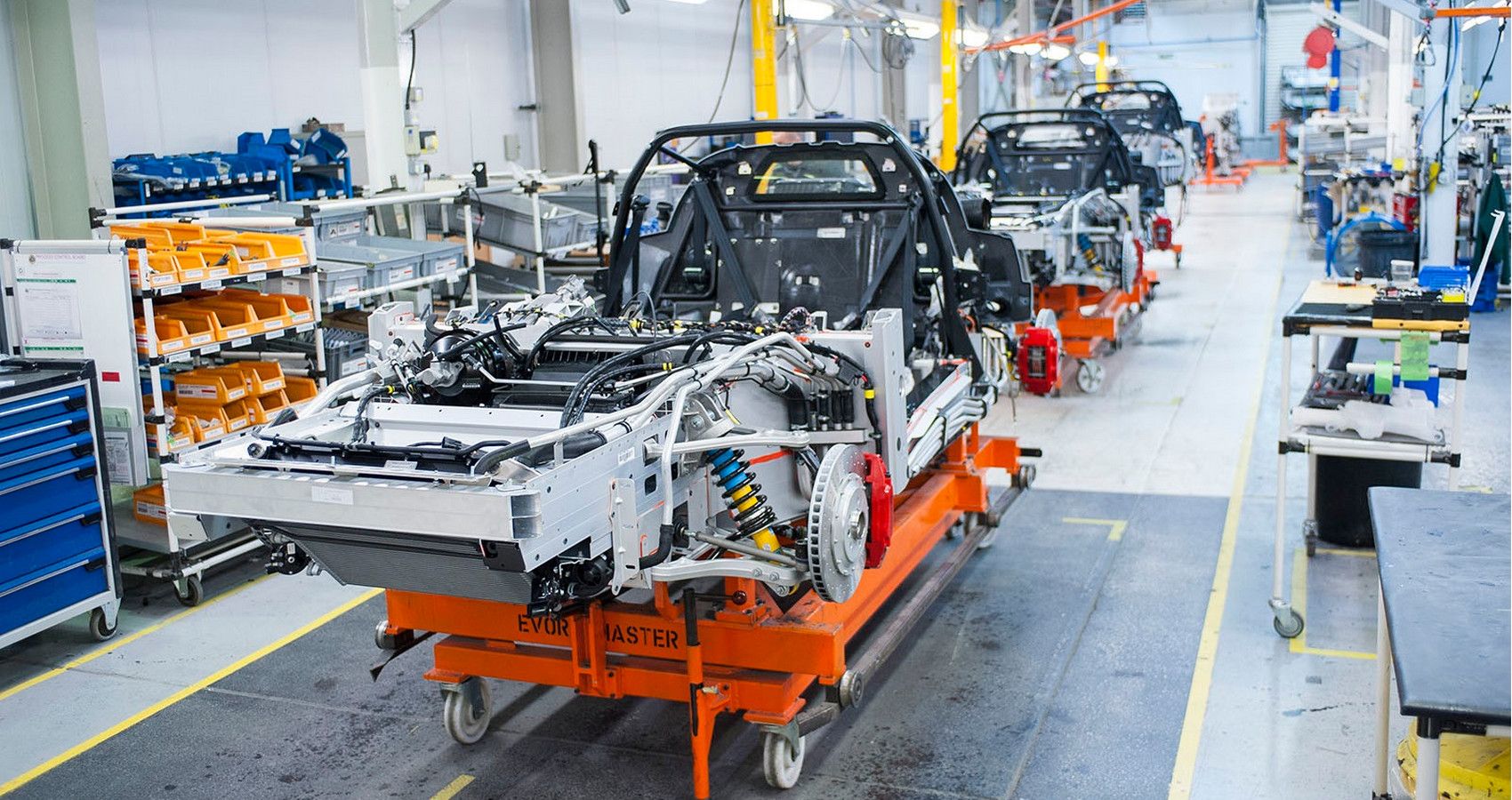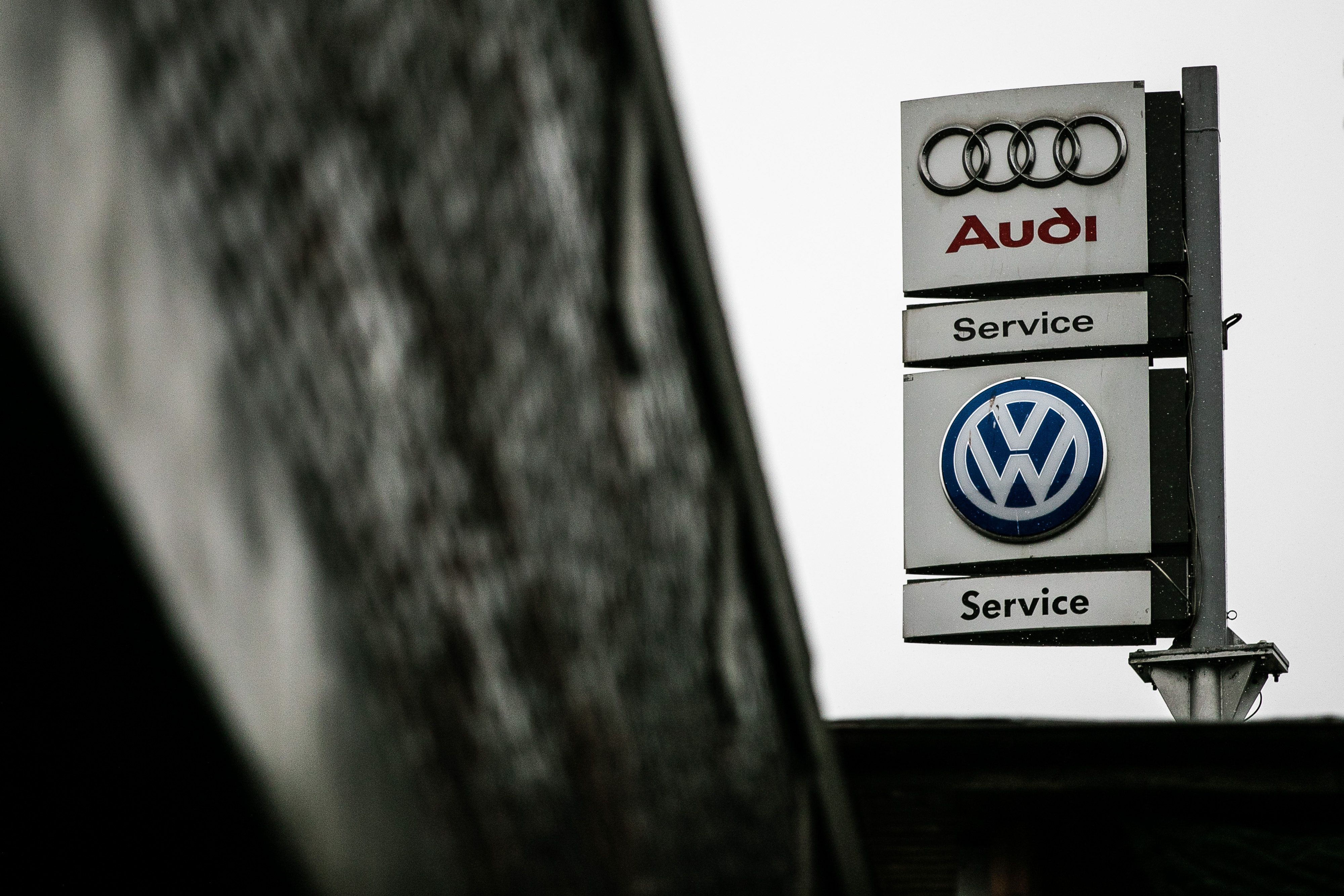Just around the time when Covid-19 and the chip shortage seemed to step back, a new threat is causing the auto industry to hold back its production lines.
The new threat is caused by Russia declaring war on Ukraine and invading parts of the country. Some of the world-leading companies that support the production of new vehicles are located in Ukraine - despite being located in the far western part of Ukraine, war poses a big threat for these companies.
Volkswagen In Ukraine
While Volkswagen doesn’t assemble their electric vehicles in Ukraine; a lot of the parts that make up their final product are imported from Ukraine. Considering the war crisis Ukraine is undergoing, companies like Bosch, Kromberg & Schubert, SEBN, and Fujikara all halted operations.
Kromberg & Schubert supplies a big portion of the wiring harnesses for Volkswagen - including here the production plant in Zwickau, the biggest plant where ID4’s are assembled and exported for the US market. The domino effect has a direct relation to the efficiency of Volkswagen production plants - hence bottlenecking a lot of its operations. This situation affects the production of Volkswagen ID3, ID4, and Cupra Born electric cars.
In response to the current situation, Volkswagen has stopped their production facilities in Nizhny Novgorod and Kaluga together with banning all exports of their vehicles for the Russian market. Similarly, a lot of other car companies like Ford, Renault, or Hyundai have pulled out of Russia.
It doesn’t just end there. According to Birmingham Business School professor, David Bailey, a lot more than just companies located in Ukraine will implicate the production costs and delay to a further extent.
To be considered here are raw materials coming in from Russia. Russia is one of the world's major suppliers of Neon, a raw material used for the production of semiconductors. On top of that, the already precious Palladium used in the production of catalytic converters comes from Russia - which accounts for 60% of Palladium's global share. Now, that doesn’t directly relate with the electric vehicles of Volkswagen in particular because electric cars don’t have a catalytic converter, but we get a grasp of where the auto industry is heading.
How Does This Affect The US Car Buyer?
While not every Volkswagen production plant is stopped yet, the German giant press release announced to slow down production at its key Wolfsburg plant this week together with Volkswagen's Emden and Hannover commercial vehicle plant set to be idled too.
According to data from Automotive News, 1,200 electric vehicles are produced per day in the Zwickau plant. The bad news is, delays in production from the Zwickau plant affect more than one party. Starting off with the laid-off workers, to distributors of the Volkswagen Group cars and lastly customers. On top of running over one of the most unstable car markets in the past 2 years due to the chip shortage, other things keep making the car market even worse. At the end of the day, buyers want to get their hands on a new ride - which nobody likes to overpay due to shortages, nor undercut the price and go through another scandal like the 2009 VW dieselgate.
Thankfully, Volkswagen is recovering from its dieselgate scandal, and a fun fact; Zwickau is the first VW production plant to assemble fully-electric models only!
Again, Volkswagen gets a big share of car sales each year, in both Europe and U.S. The overall impact of the production delay is still unknown, but we know for sure your next the Volkswagen ID might take an extra month to arrive at your local dealer.




